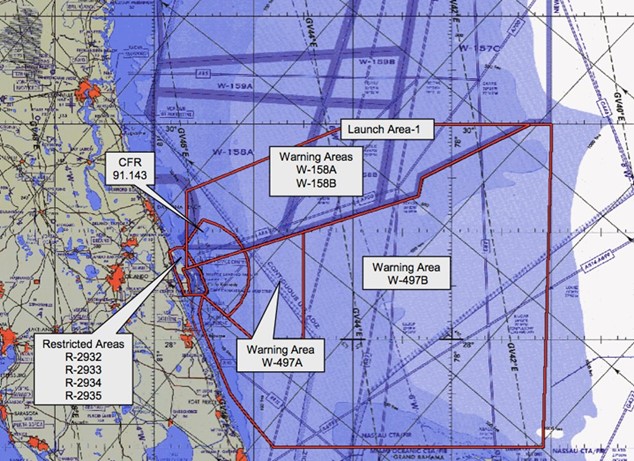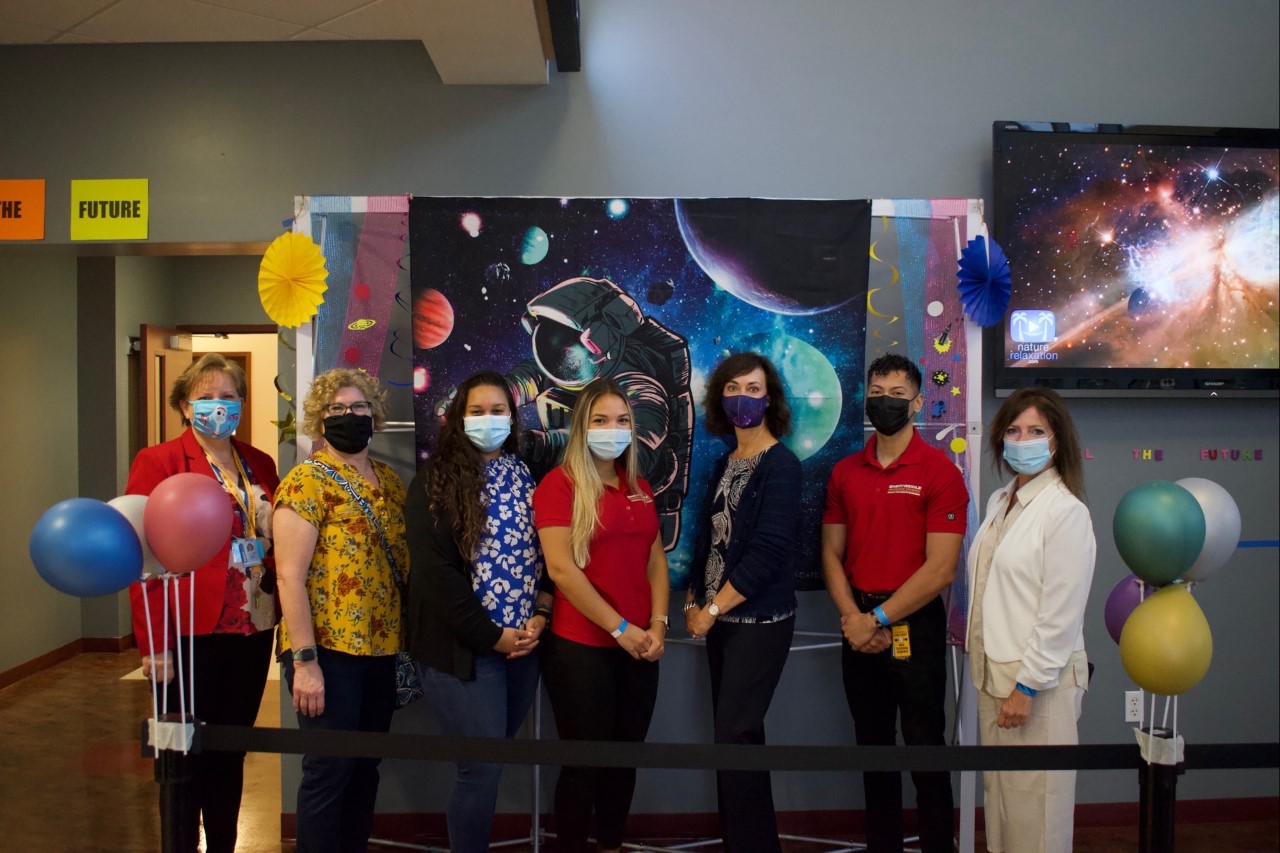21-22 of 22 results
-
Integration of the Emerging Space Ecosystem into the National Airspace System (NAS): Simulation and Analysis of Impacts and Solutions, NASA Florida Space Grant Consortium
CO-I Maxwell Cannon
CO-I Noah Eudy

Currently, there is limited, but ongoing, simulation research on the integration of space operations into the NAS that focuses on impacts to other constituents and in finding solutions (cf, Tinoco, et al., 2019; Colvin & Alonso, 2015). Particularly, academic research based on modeling and simulation is quite minimal. Thus, the first objective of this research was to continue our current efforts and develop additional simulation models to analyze the potential impacts of launch and re-entry activities on key NAS stakeholder operations, particularly those of airlines, but also general aviation. NASA KSC/Cape Canaveral Air Force Station (CCAFS) clearly play a critical role in both the state of Florida and in our nation’s space ecosystem. As such, our area of interest was defined as Cape Canaveral, Florida. We built on our previous simulation research that centered on horizonal take-off and landing of Concept Z reusable launch vehicles (RLV) at Cecil Air and Space Port in Jacksonville, FL (cf, Tinoco et al (2019); Tinoco et al, pending) and our understanding of air traffic routes on the heavily traveled Eastern Seaboard.
Read moreCategories: Faculty-Staff
-
Spaceports: Portals to the Universe, NASA Florida Space Grant Consortium
CO-I Kassidy Moragne
CO-I Jetro Gallo
CO-I Alexandria Cogdell

Merriam-Webster Dictionary (2020) defines a spaceport as “an installation for testing and launching spacecraft,” but spaceports are so much more than a slab or runway and represent an essential component of the entire space industry ecosystem (e.g. Tinoco, et al 2020). Without spaceports, there is no spaceflight. There are no astronauts. There are no satellites. There is no International Space Station. And there is no Artemis and no expedition to Mars.
A review of online learning resources for children, parents, and teachers reveals instructions and learning tools for wide range of topics including rockets, spacecraft, satellites, planetary and lunar land vehicles; propulsion systems; planets, moons, and solar systems; spacesuits, among others. Yet, no resources were found on spaceports and spaceport infrastructure, the very foundation of spaceflight.
The intent of this effort is to build an education curriculum on spaceports that enlightens children, teachers, and families on spaceports and the infrastructure needed to support the safe integration, launch, and return of various vehicles, crew, and payloads. Many children believe that space is exclusively the domain of astronauts, engineers, or scientists (e.g., The LEGO Group 2019). Educators and parents are often of the same mindset. But space is for everyone and the careers associated with the space economy are wide and varied. Spaceports are just one domain where many individuals contribute to the success of a space program or initiative, each a valuable member of this unique sector. The more our younger populations learn of the different areas of the space ecosystem and the associated types of jobs, the better we all will be in building and sustaining a space economy fortified by a diverse workforce. Initially, the primary beneficiaries of this effort will be local school children and teachers in the state of Florida, particularly in Volusia County and other geographic areas of the Space Coast. Our hope is to engage economically disadvantages schools (with and without STEM programs) for a pilot study, allowing for a wider audience of interests and backgrounds. Our proposed effort has garnered the encouragement of Space Florida and resource support from Space Foundation and Volusia County Public Schools (VCPS) teachers.
Tinoco, J., Yu, C., Howard, D., Stilwell, R. (2020). Introduction to Spaceports: Runways to Space, Milton Park, Abingdon, Oxon: Routledge
The LEGO Group (2019). LEGO group kicks off global program to inspire the next generation of space explorers as NASA celebrates 50 years of moon landing. Retrieved from https://www.prnewswire.com/news-releases/lego-group-kicks-off-global-program-to-inspire-the-next-generation-of-space-explorers-as-nasa-celebrates-50-years-of-moon-landing-300885423.html
Read moreCategories: Faculty-Staff
21-22 of 22 results
